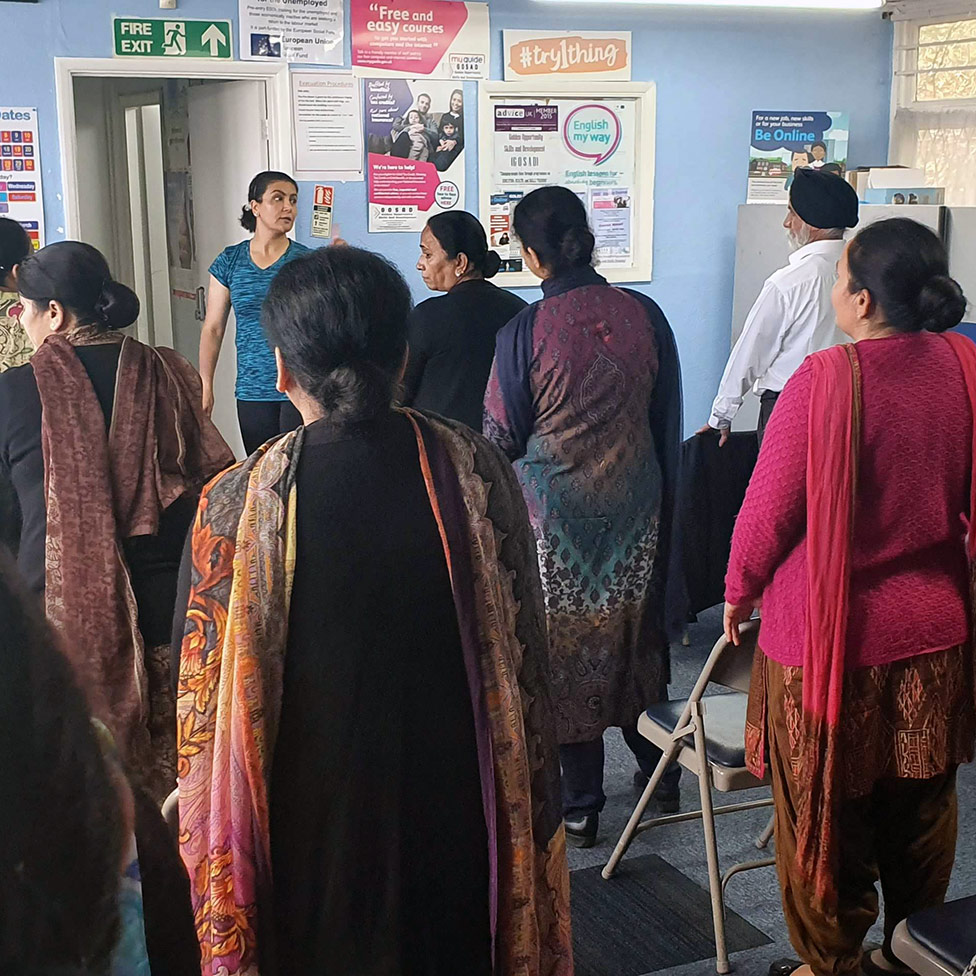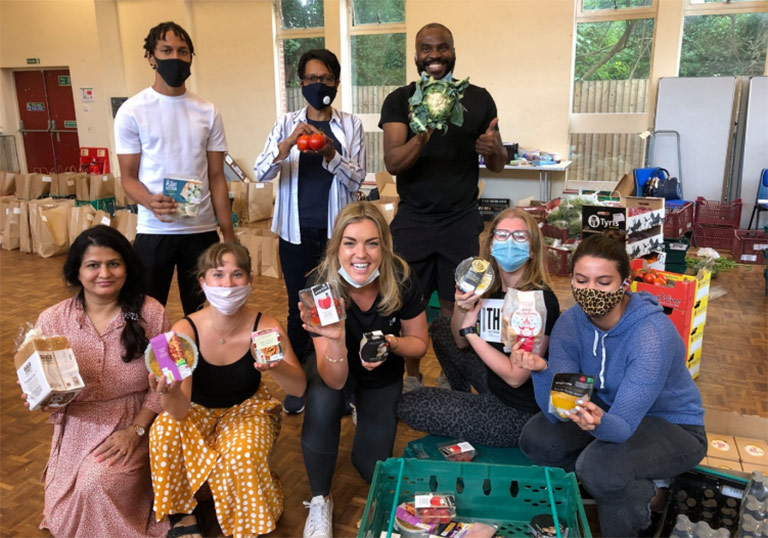Why the Commission was set up
In the London Borough of Ealing, we are proud of our diversity. And rightly so. With more than 200 languages spoken every day across our seven towns and over half of our 350,000 residents coming from a black, Asian and minority ethnic background, our borough represents what is best about modern Britain.
Yet the opportunity to lead a fulfilling life in this borough we call home is not the same for everyone. Too often, for too many of our residents, their ethnic background – directly or indirectly – acts as a barrier to prosperity and security.
We know this is not a new phenomenon.
But sometimes, a single event or incident can prove to be so powerful that it catalyses action and forces us to reflect on what more we can do to build a stronger, fairer world.
2020 delivered two such moments: the brutal murder of George Floyd by a police officer in the United States, and the disproportionate impact – both in terms of health and economics – of the Covid pandemic on minority communities across Britain, London and Ealing.
While very different in nature, both events forced us to confront one very simple question: are we giving every person in our borough the chance to thrive? And, if not, what can we do together to change that?
In late 2020, Ealing Council took the bold step of establishing an independent Commission to look at race inequality in detail.
Download Background Report
What we did
The Commission has listened to local people, their experiences, and their ideas for what we can do together. We have also sought evidence from professionals, employers and community groups in looking for an honest assessment of the nature and impact of race inequality, and practical solutions.
We have listened to the experiences of the people who wanted to talk to us, and we have explored evidence to drill into the issues for Ealing. This means that some of our demands are specific to certain groups, for example, in relation to Black Caribbean pupils. This is not to limit wider work to reduce inequalities but is meant to provide a laser focus on the inequalities that need the most urgent attention.
We have carried out our work against a backdrop of the pandemic. This has created its own unique set of barriers that we have had to overcome as a Commission. For individuals it has laid bare some of the fault lines that exacerbate racial inequality with shocking impact. We must do, and we can do better.
Download Report on Commission Work Programme
Download Report on Approach to engagement and who we heard from
Our report
We have concluded that to bring about change, those responsible for commissioning, delivering and co-designing services must:
- Build trust with communities. We must seize this opportunity now and start to rebuild that trust with those who feel these conversations have not resulted in change in the past. Too many distrust those who have power and responsibility.
- Listen to the experiences of residents and understand their challenges, recognising the differences between groups and their histories.
- Use data and insight to ensure the tenacious pursuit of narrowing inequality.
Based on what we heard, we have come up with a set of challenges, and to tackle these challenges we present a series of demands. We have chosen to focus on seven areas that we believe are the most urgent. Each of the seven sections has an introduction that summarises the challenge and sets out why we focused on what we did. Following the challenge, we make a series of demands that should help shape the action plans that must come in response and provide a structure to hold people to account for change.
People in Ealing have had a unique opportunity to make themselves heard throughout the last 12 months. We hope we represent their aspirations in this report. This Commission demands change on their behalf.
Declaration
The Commission is very aware of the long and proud history of anti-racist activism in the borough and wants to build on this. People in Ealing have been through and achieved so much and want to celebrate this history. But there is also anger and pessimism. Why are we still talking about this? If we look back on this report in ten years’ time, what if anything is anything going to be different?
The Commission starts from a simple premise: race inequality is a crisis that demands an urgent response. We call on Ealing Council, our public institutions, our borough’s employers, all those who make up the fabric of Ealing, to be bold and make a clear commitment in response to our work.




